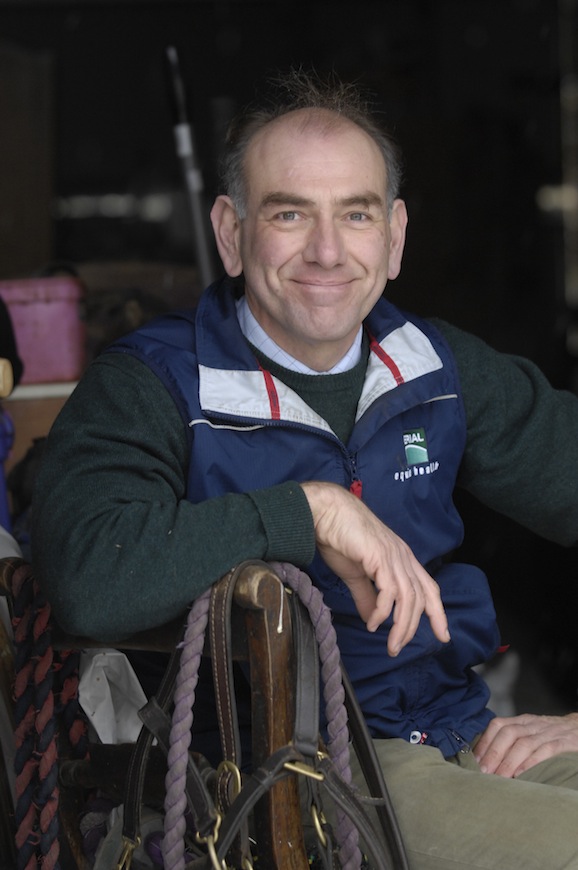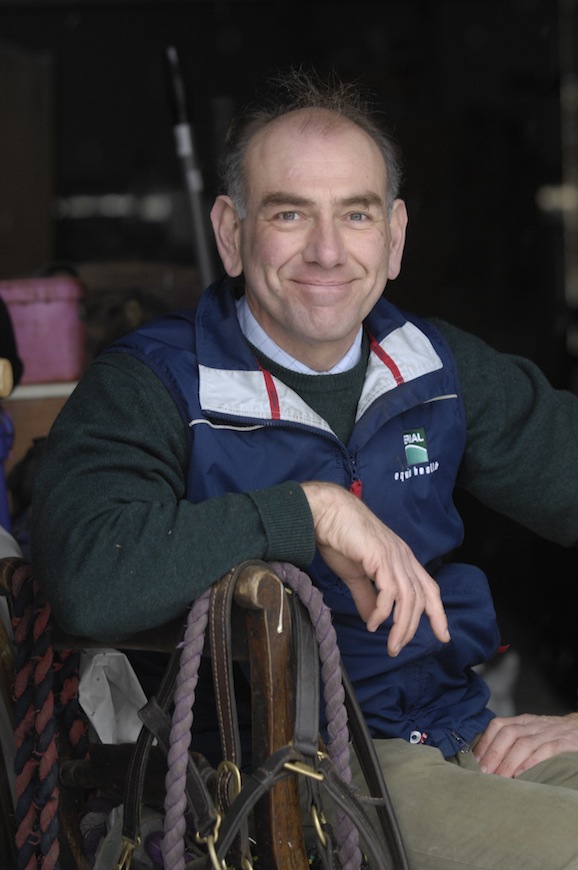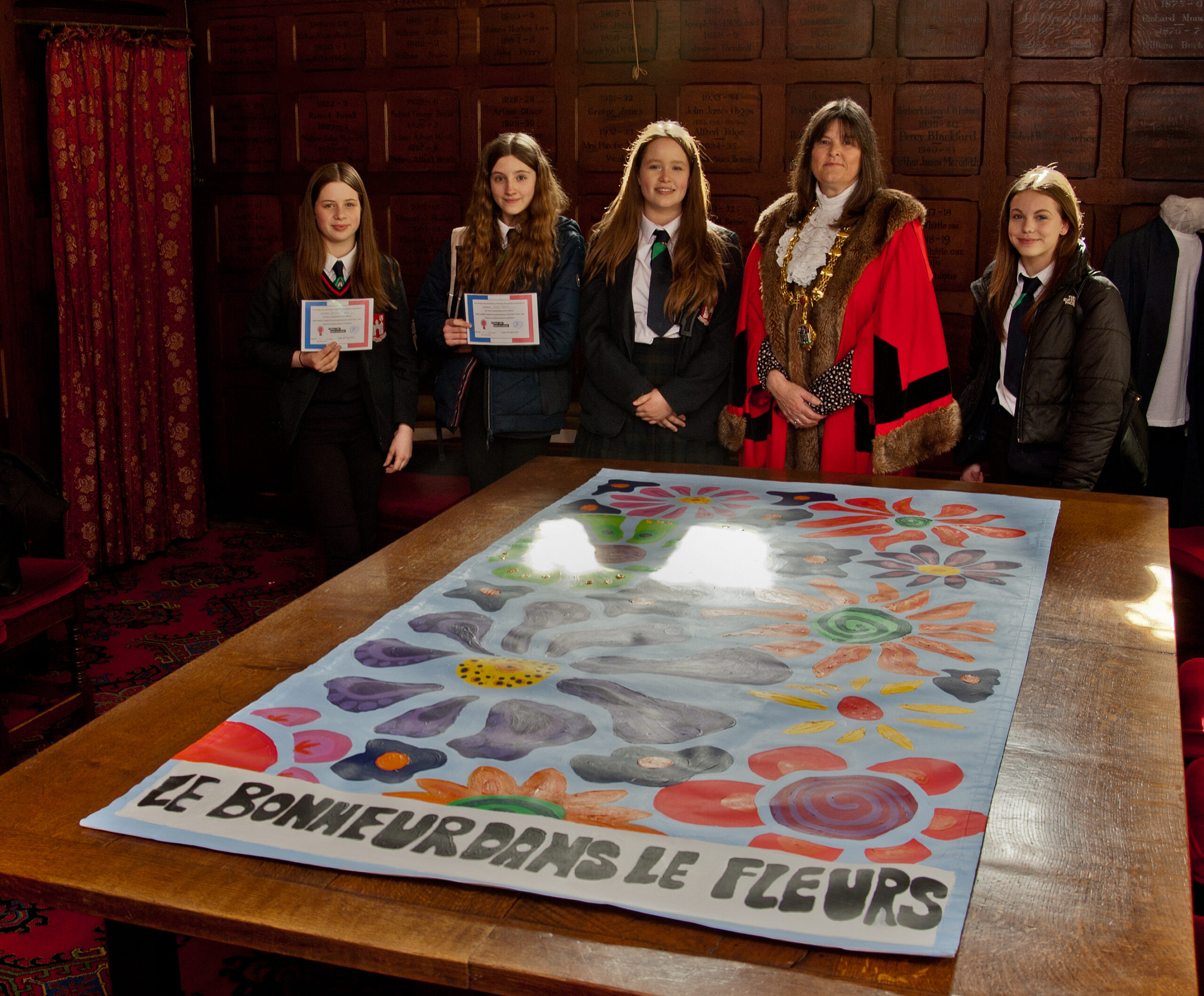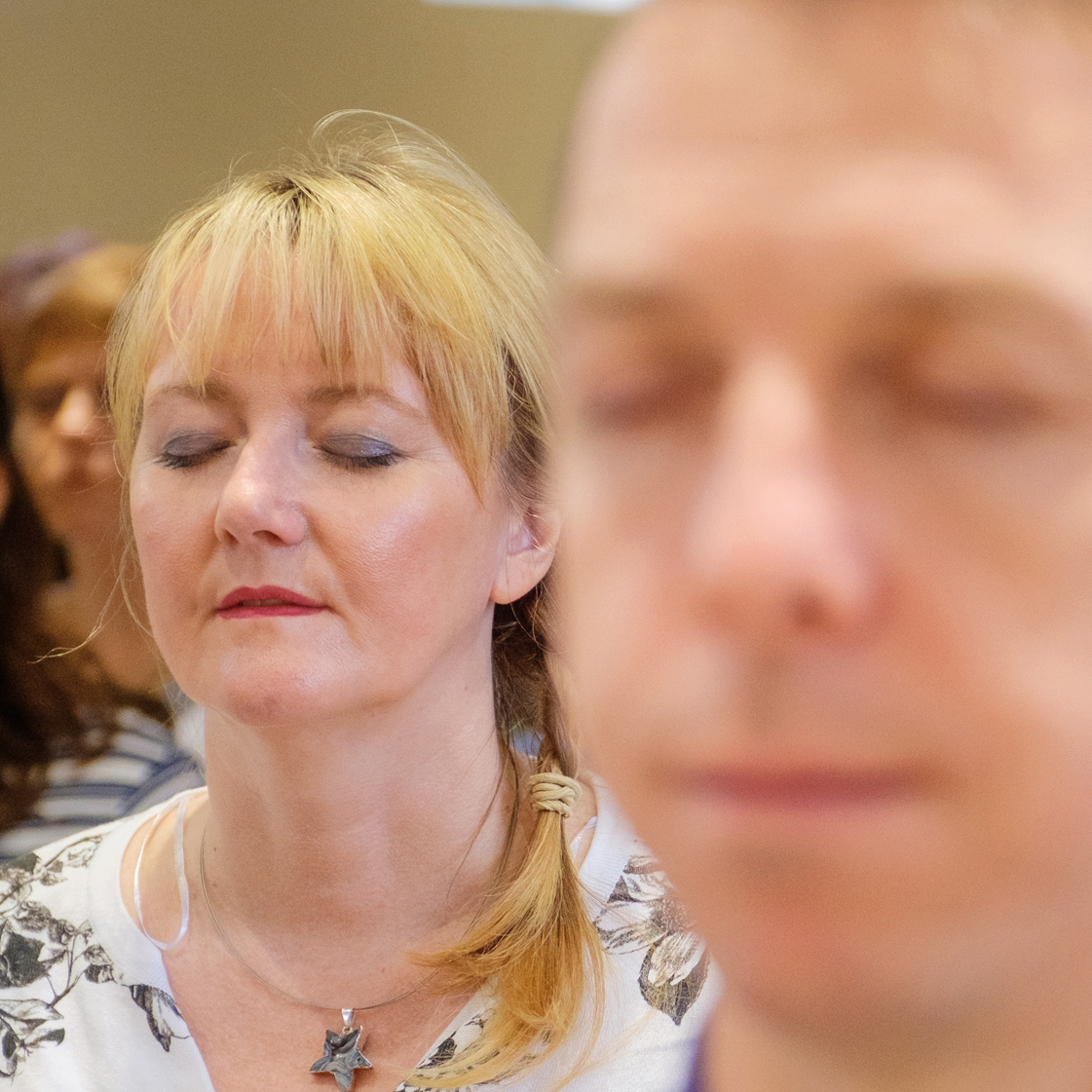Stomach ulcers are becoming increasingly recognised as a significant problem in all types of horses undertaking a wide variety of activities.
Until comparatively recently they were thought to be a problem primarily of race horses but in this practice we see ulcers in those used for eventing and dressage as well as those involved in low key activities.
The causes are widespread but usually involve some degree of stress as well as a shortage of good quality roughage or an excess of cereal-based diets. Owners have to remember that horses have a relatively small stomach for their size and are primarily ‘designed’ to graze little and often during the day. Because of our requirements as horse owners for increased activity and energy from our equine friends, large cereal meals given infrequently drop the acidity in the stomach and overcome the normal ulcer-protective mechanisms there.
So what are the signs? These can be very non-specific such as long-term weight loss, irritation on tightening the girth or even general crabby behaviour. Blood tests are usually unremarkable and physiotherapists or chiropractors frequently report that the muscles and skeleton are in good working order.
The only accurate and definitive method of diagnosis is by passing an endoscope into the stomach and having a look around. Ordinary endoscopes which are around one metre long are not up to the job and we are lucky enough at Severn Edge Vets to have one 3.3m long which can reach into the furthest recesses of the largest horses.
The most appropriate treatment is Gastroguard which is not cheap but which reduces the acidity in the stomach and only needs to be given once per day. When treatment has been started, resolution of the problem is usually rapid and if re-scoped in a month’s time there is frequently little pathology to see. At that point, the dose is dropped to a quarter and kept going for a month or two longer. There is some evidence that the longer this low dose is maintained the more likely it is that the problem will be permanently resolved.
We usually recommend that an affected horse is taken out of athletic activity or perhaps just kept in light work until the ulcers have healed. Subsequently, management needs to be looked at carefully to reduce environmental stress and to feed’ hard’ food little and often.







